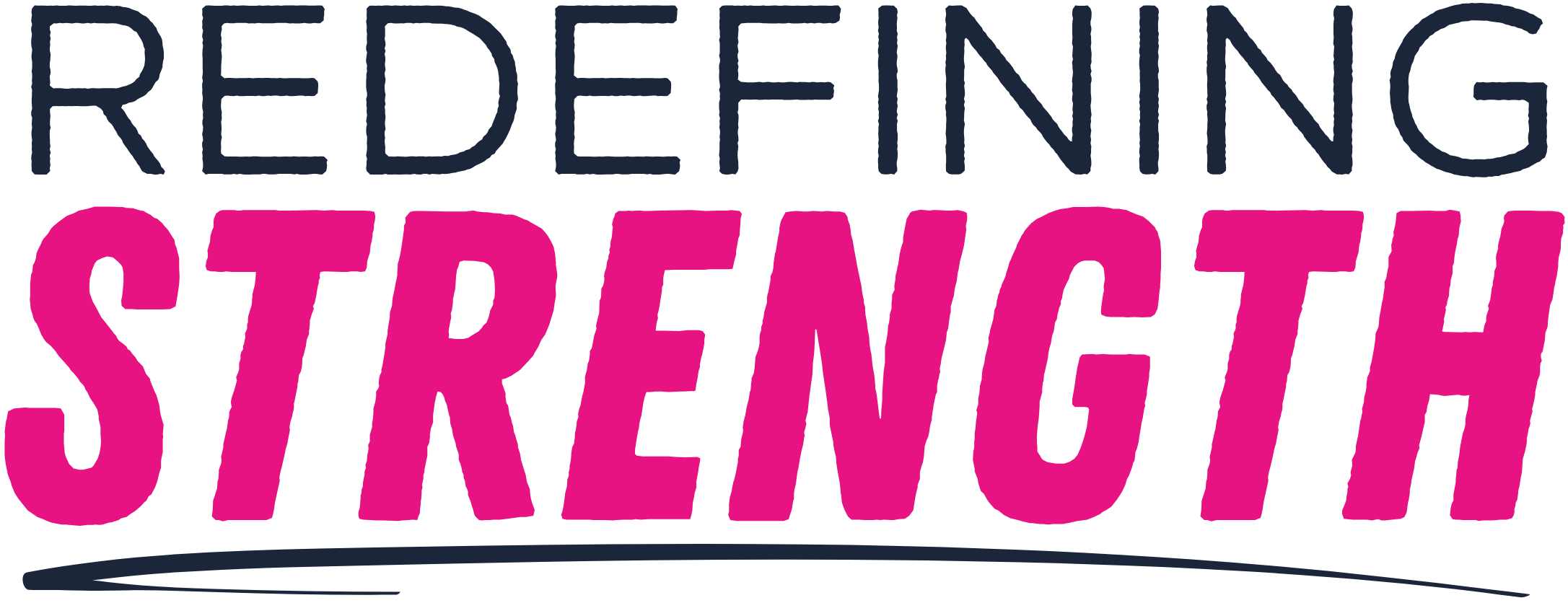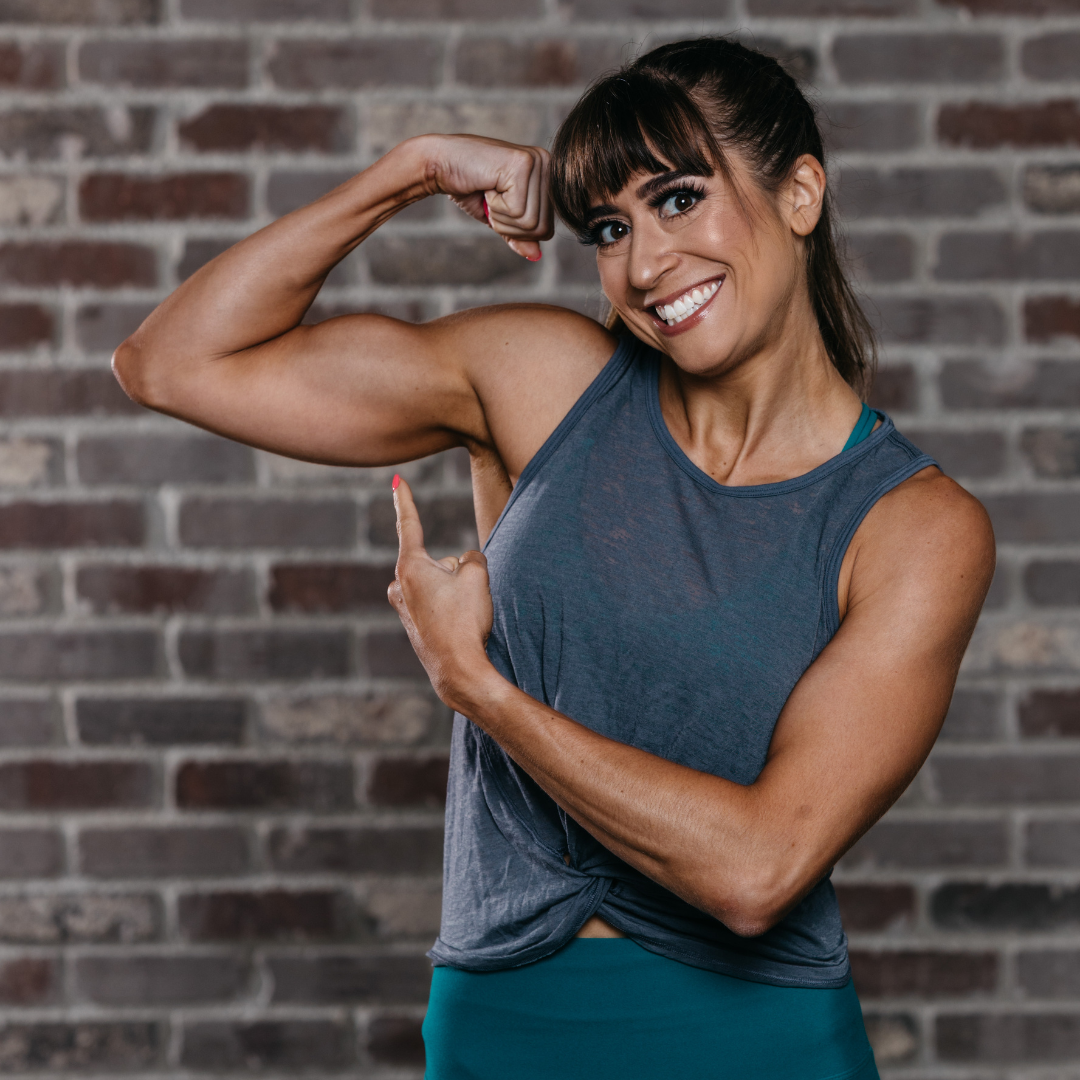
by Cori Lefkowith | Feb 13, 2025 | podcast
Listen: Change Requires CHANGE If you’re feeling stuck and know deep down that you could be doing better, don’t wait any longer. Your life is not going to change until you take action and make a bold move towards your goals. If you’re ready to take control of your...

by Cori Lefkowith | Feb 9, 2025 | Blog, Diet, Exercises
I wanted to lose fat and get ab definition for the longest time and struggled hard. I blamed it on willpower. My love of food. My genetics. But I realized it was that I didn’t fully understand these 10 hard truths I’m going to share with you now. Because I want to...

by Cori Lefkowith | Feb 6, 2025 | podcast
Listen: Change Requires CHANGE If you’re feeling stuck and know deep down that you could be doing better, don’t wait any longer. Your life is not going to change until you take action and make a bold move towards your goals. If you’re ready to take control of your...

by Cori Lefkowith | Feb 2, 2025 | Blog, Exercises, Functional Fitness
The Bulgarian Split Squat or Balance Lunge is a move you see all over social media. It’s even a staple in many standard gym training routines. Many say it is a “must-do” exercise or the “best” unilateral leg moves. But honestly, it’s slightly overrated BECAUSE it is...

by Cori Lefkowith | Jan 26, 2025 | Blog, Exercises, Functional Fitness, Workouts
Weights are not the only way to progress your workouts and build strength and muscle. And the more advanced an exerciser you are, the more you have to even turn to other forms of progression in our workouts to keep seeing results. These tips are helpful too when...







